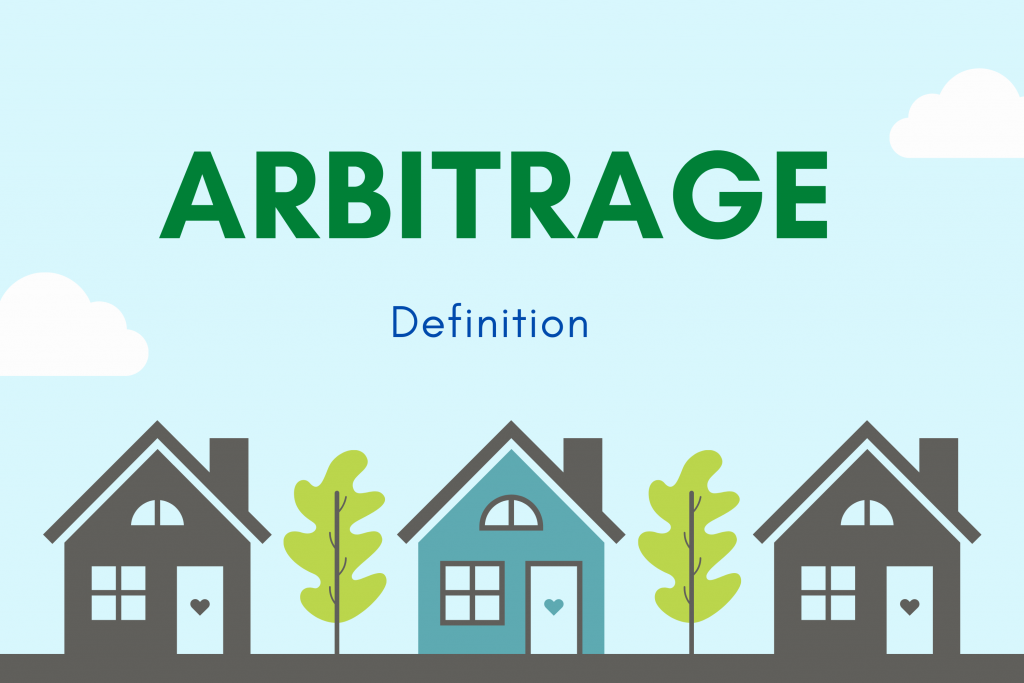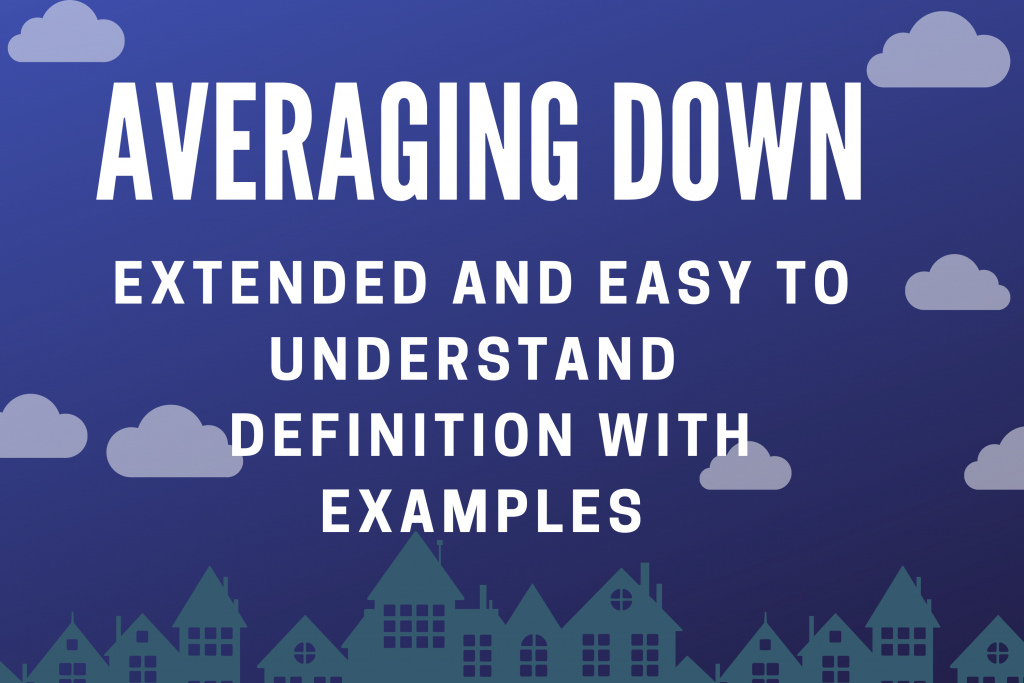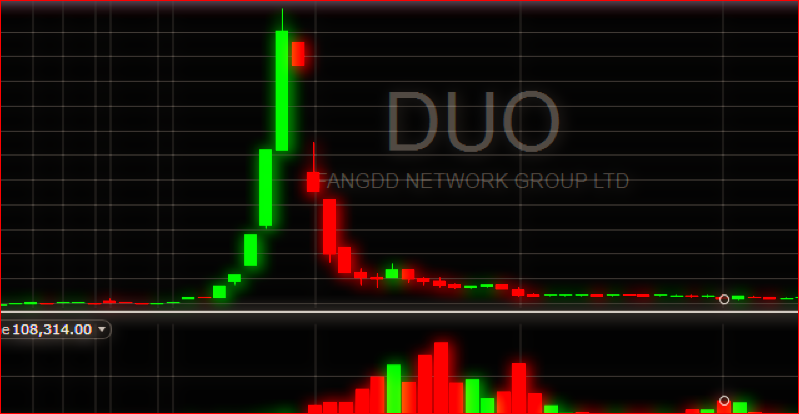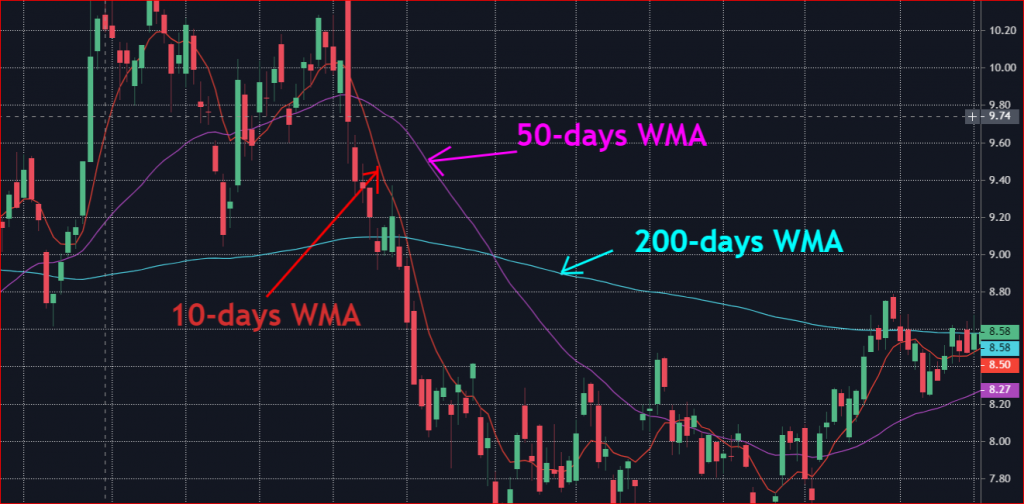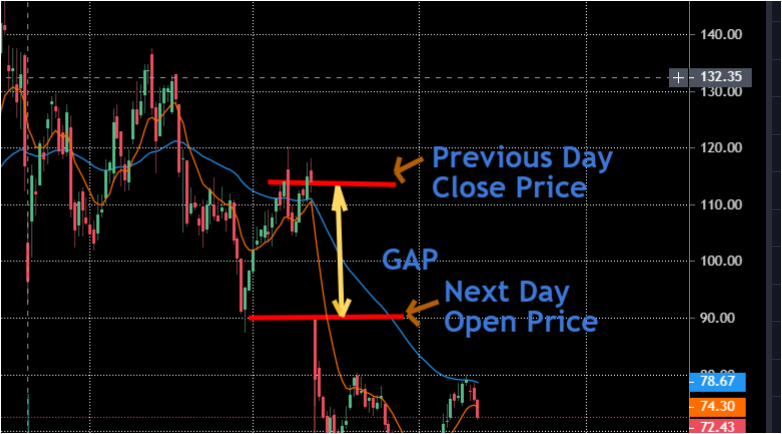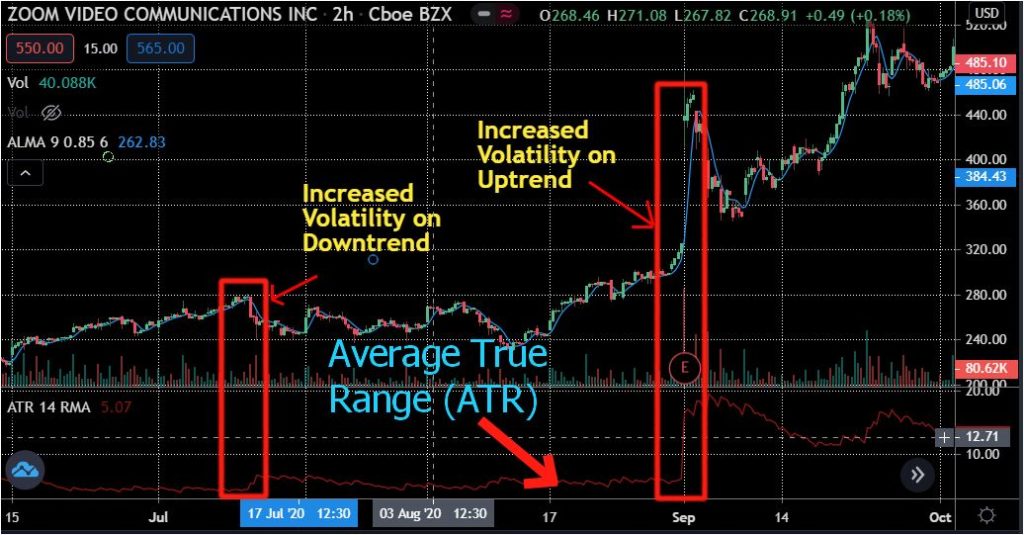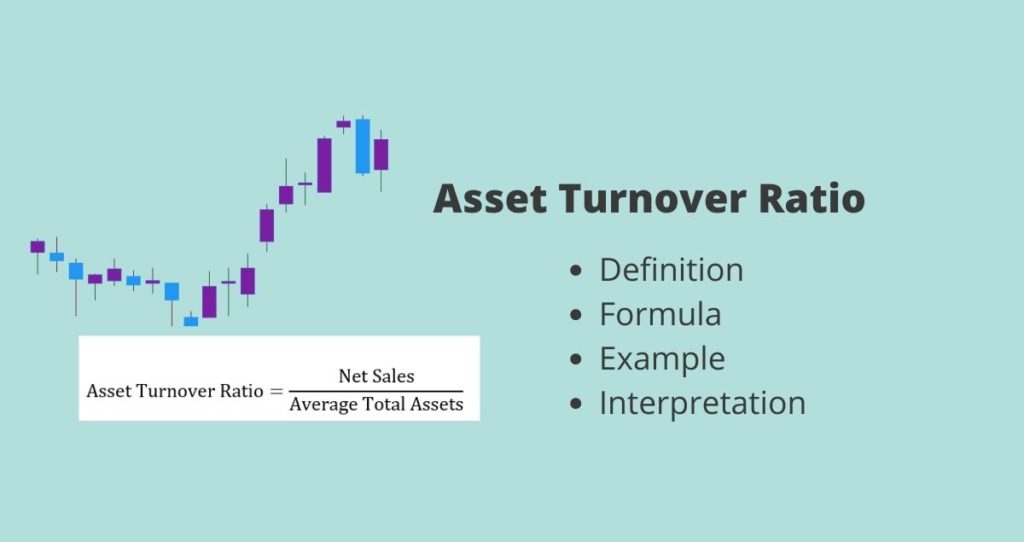Spread is the difference between the bid and ask prices of a stock at a particular time. A bid shows the highest price buyers are willing to pay on a stock. On the other hand, the asking price is the lowest price at which sellers are willing to sell the stock. Both bid and ask prices show up in order book which shows a list of sellers and buyers and helps to determine orders to be filled and their quantities.
For example, let’s say that a stock you are interested in has a bid price of $5.33 and the ask of $5.30. The spread between these two prices is 3 cents or $5.33-$5.30 = $0.03.
Factors that influence this difference
The following are some of the many factors that influence the spread.
- The number of shares available to trade (float or supply): Low float stocks are more volatile and have high spread. This is due to the fact that it takes less stock trading activities to move their prices. On the other hand, high float stocks are less volatile and have low spread because it would take high trading activities to move their prices.
- The number of buyers who are interested in the stock (demand): Less demand for a stock will increase the spread. Fewer buyers on a low float stock will discourage competition. For this reason, it will be difficult to get in and out of the market at prices both parties desire. On the other hand, high demand will create an environment at which buyers and sellers find what they need at prices they want. This is due to competition among buyers and sellers. As a result, the spread will be less.
- Stock activities: Activities on the stock itself influence the spread. For example, a stock that has a low float with less trading volume can have wild trading activities due to good earnings or other good news on the stock. As a result, you can go from a high to a low spread because people want to trade the stock.
Why spread matters?
The spread is important when evaluating the liquidity of a stock. The liquidity will tell you how easy it is to get in and out of a stock. In order words, it will tell you whether your positions will be filled or sold at prices you want whenever you want.
Without the spread analysis, you can end up in a losing stock due to low liquidity. You don’t want to spend hours waiting for your orders to be filled and spend even more trying to sell them.


